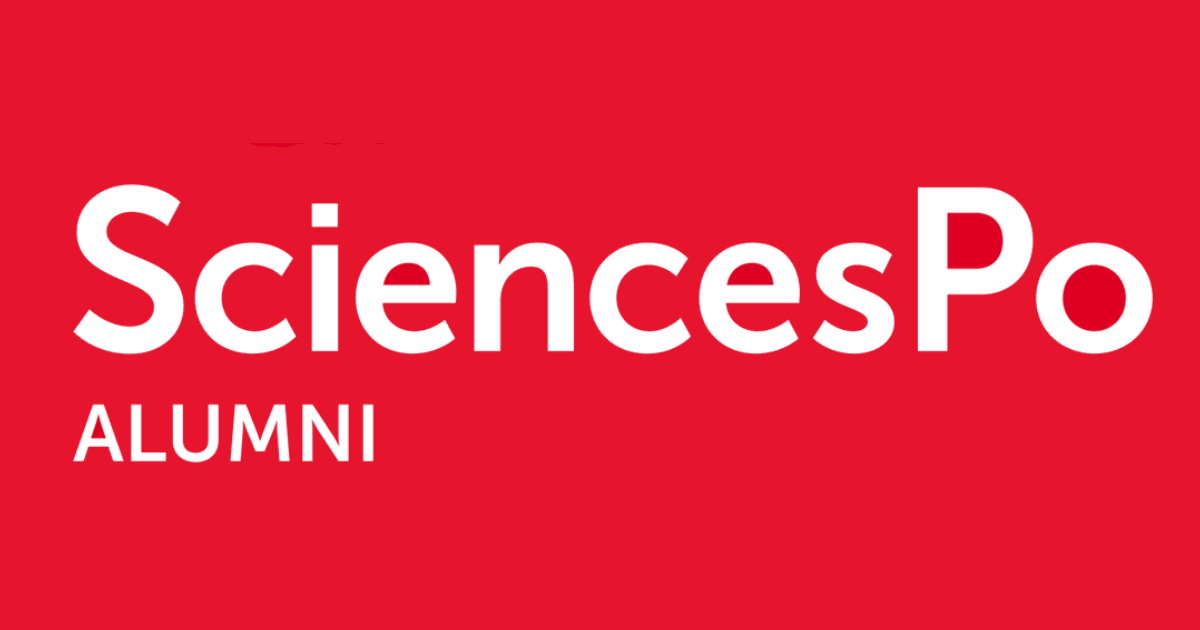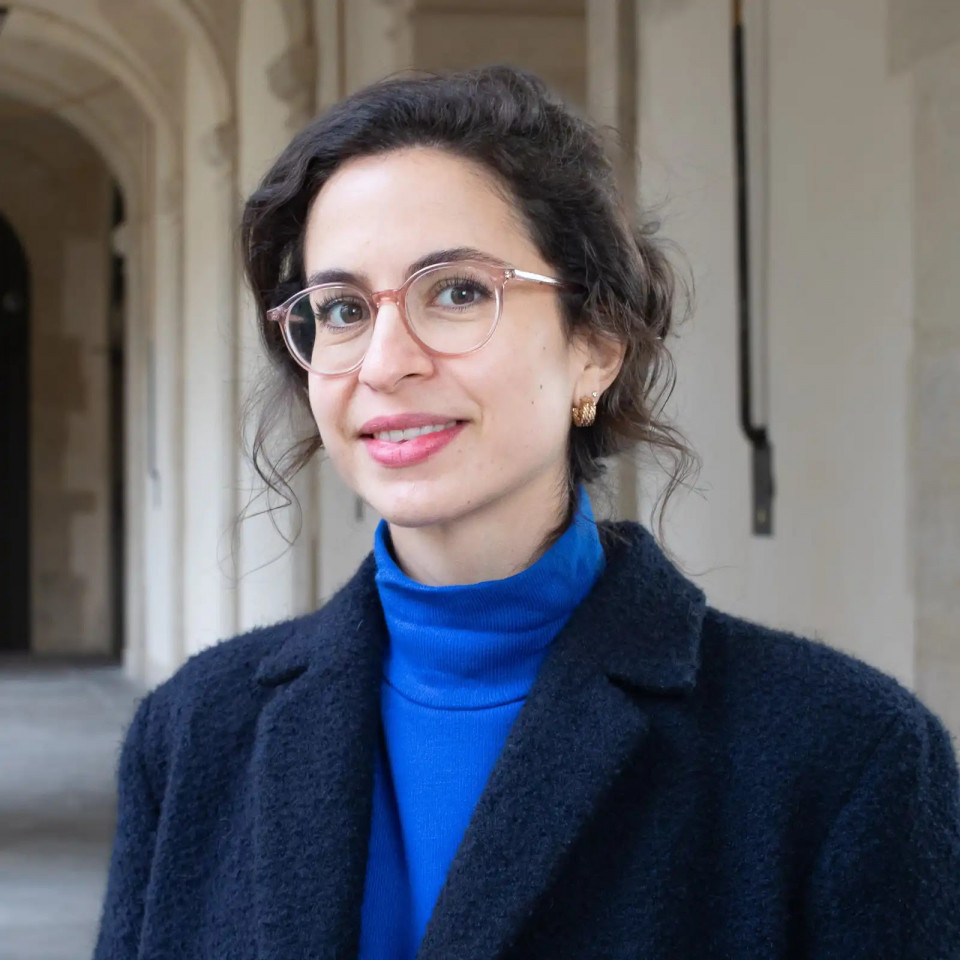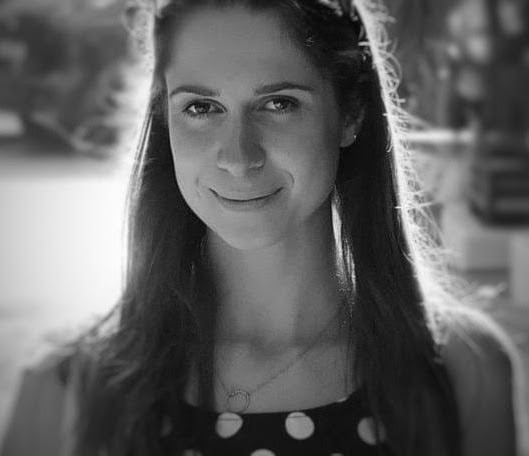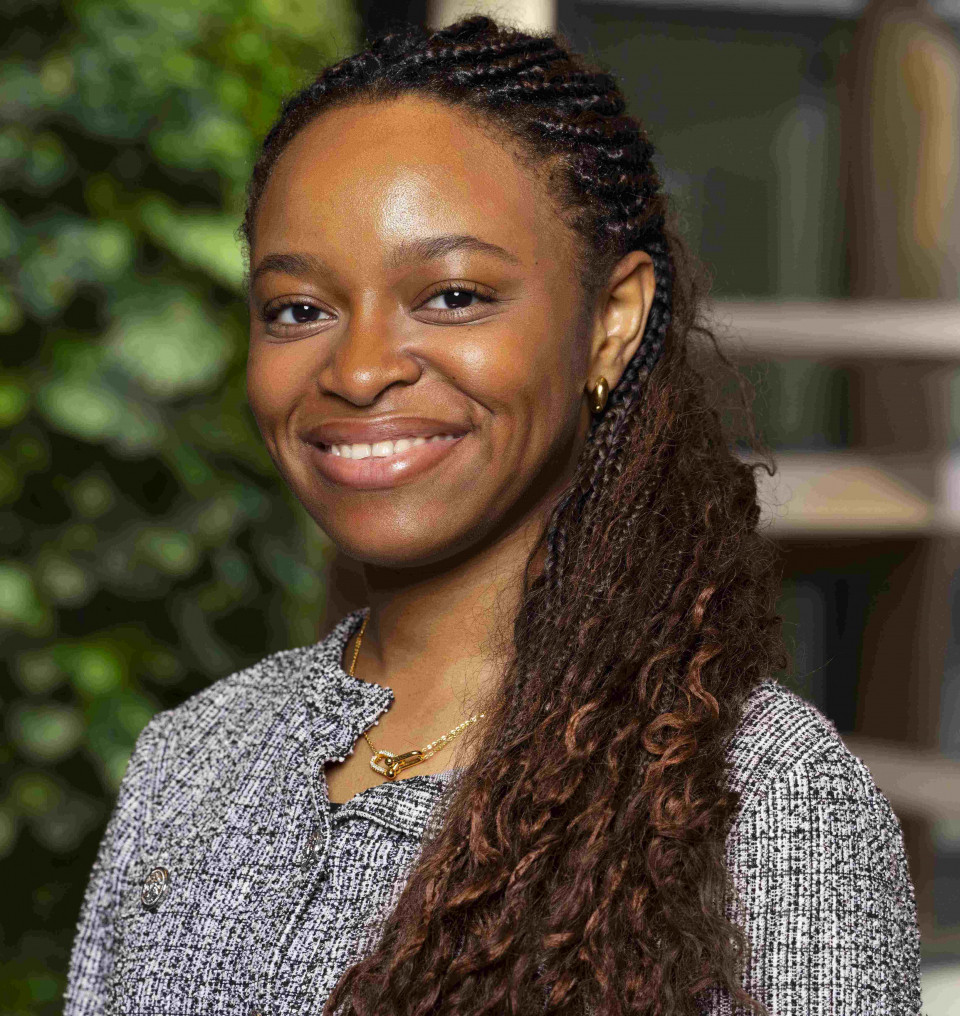AI Governance: What regulations and why?
As artificial intelligence (AI) reshapes economies and societies globally, its transformative potential is undeniable. From revolutionising healthcare and governance to accelerating development in sectors like finance and education, AI is a key driver of innovation. However, it is not without limitations. AI systems can exhibit biases, lack transparency and create societal challenges around privacy, security and inequality. In this context, the need for comprehensive regulations has become increasingly urgent.
The United Nations, alongside global institutions, is playing a pivotal role in establishing ethical AI governance frameworks in order to address key issues like accountability, fairness, and human rights. Africa, with its growing tech ecosystem, is uniquely positioned to benefit from AI; yet, Africa faces specific challenges in ensuring inclusive and responsible AI governance.
Co-organised by PSIA and Sciences Po Alumni from the Cercle d'Afrique, this panel will explore the ethical, legal, and practical dimensions of AI governance, offering insights on how to shape a future where AI benefits all societies.
SPEAKERS
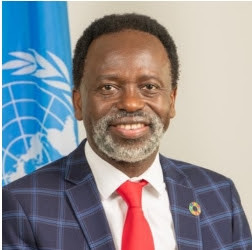
Prof. Tshilidzi Marwala | ||||||||
Rector of the United Nations University | ||||||||
Prof. Tshilidzi Marwala is the Rector of the United Nations University, which carries the rank of UN Under-Secretary-General. Previously, he was Vice-Chancellor of the University of Johannesburg (2018-2023), where he also served as Deputy Vice-Chancellor for Research and Internationalization (2013–2017) and Executive Dean of the Faculty of Engineering and the Built Environment (2009–2013). His research has been multi-disciplinary, involving the theory and applications of artificial intelligence to engineering, social science, economics, politics, finance, and medicine. He has served on a variety of global and national policymaking bodies, and has worked with such United Nations entities as UNESCO, UNICEF, WHO and WIPO. Prof. Marwala co-holds five patents, authored over 20 books, and is a fellow of several academies, including the American Academy of Arts and Sciences. He holds a Ph.D. from Cambridge, a Master's from Pretoria, and a Bachelor's from Case Western Reserve.
Rebecca Mignot-Mahdavi Assistant Professor of Law at Sciences Po Law School Rebecca Mignot-Mahdavi's research focuses on digital security law and governance, particularly techno-legal governance and its evolution in response to transnational risks and technology. Her expertise spans public international law, legal theory, fundamental rights, and criminal law, enabling her to address these issues across disciplines. Her book, Drones and International Law: A Techno-Legal Machinery, was published by Cambridge University Press in July 2023. She is an editor for the Leiden Journal of International Law, co-founder of the ESIL Interest Group on International Law and Technology, and a board member of the Women in International Law Network. She is also an associate researcher at the TMC Asser Institute and the International Center for Counter-Terrorism. Rebecca holds a PhD from the European University Institute and École des Hautes Études en Sciences Sociales.
MODERATED BY
|
